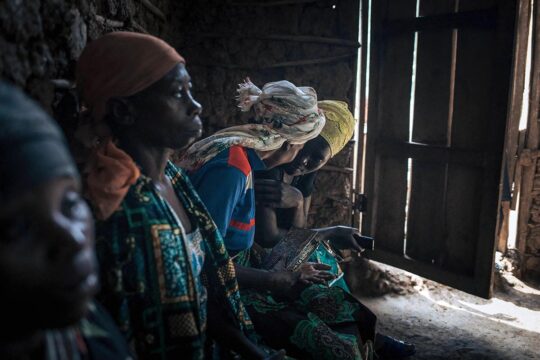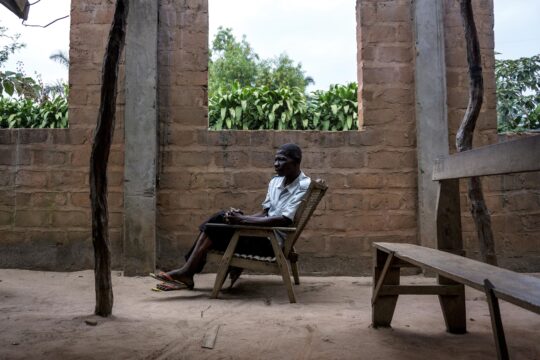The Armed Forces of the DRC (FARDC) initially announced the death of five Burundian soldiers who had entered the country overnight on December 21, in the first known clash since the end of the Second Congo War in 2003.
"There were 10 deaths," Major Dieudonne Kajibwami, told AFP on Monday following a previous statement that five bodies had been taken to Uvira, a lakeside town in the eastern South Kivu province.
"In their flight, they didn't manage to recover the five other bodies," added Kajibwami, the military spokesman in South Kivu, much of which lies across Lake Tanganyika from Burundi.
Questioned by AFP, the Burundian army declined to comment on the incident.
Burundian medical sources said that wounded soldiers were admitted on Thursday to the military hospital in the capital Bujumbura, which lies on the north shore of the lake, across from Uvira. The hospital also took in dead bodies, but the sources gave no number for the injured.
According to Kajibwami, Congolese soldiers opened fire on the Burundian troops when they crossed the border after midnight on Wednesday in pursuit of rebels from the ethnic Hutu National Forces of Liberation (FNL).
"Normally, there is cooperation between the two armies," another Congolese army officer told AFP, asking not to be named. He mentioned a tacit agreement between Bujumbura and Kinshasa to let Burundian soldiers act in pursuit of FNL rebels when they fall back after a raid into Burundi.
"The reason for this glitch" lay in the absence of the military commander of the sector and an ignorance among the soldiers of "the deal between the two sides," this officer added.
Congolese soldiers "opened fire because they have strict instructions at this moment of tension in the country," he said, six days after President Joseph Kabila defied his political foes by retaining power beyond his constitutional mandate.
Kinshasa has never acknowledged authorising a right of pursuit to Burundian soldiers.
The FNL established rear bases in Congo at the start of the Burundian civil war, a partly ethnic conflict that began in 1993 and ended in 2006. The rebels refused to sign the Arusha peace accord that led to an end of the bloodshed.
The FNL is believed to have about 500 fighters based in South Kivu.


